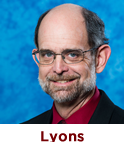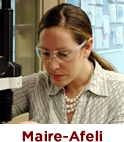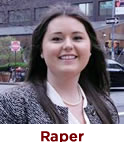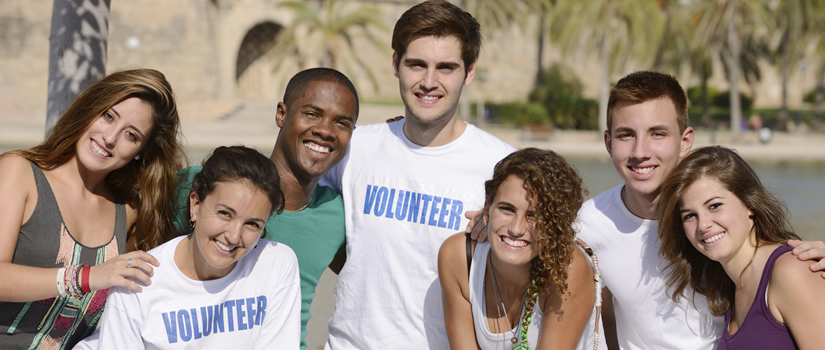Award Recipients
Aidyn Iachini (College of Social Work) and Brie Dunn (College of Pharmacy)SOWK 679/SCCP 788/HPEB 679: Addressing Childhood ObesityAddressing Childhood Obesity is one of only two interprofessional courses offered at the University of South Carolina. The course offers students an opportunity to learn about obesity prevention from the perspectives of different disciplines (social work, pharmacy, public health, and exercise science) and then work together in interprofessional teams to deliver a structured obesity prevention curriculum to elementary students attending an after-school program that serves low-income students. The grant will enable Professors Iachini and Dunn to add a leadership component based in the Social Change Model of Leadership (SCM), including new mini-lectures, readings, and reflection assignments. These additions to the course are designed to help students advance in their understanding of how leadership operates in a team context and to apply those ideas in a practical setting. |
 |
Jed Lyons (College of Engineering and Computing)
|
 |
Héléne Maire-Afeli (USC Union)CHEM 101: Fundamental Chemistry, CHEM 111: General Chemistry IProfessor Maire-Afeli will incorporate a leadership-based service learning experience into her Fundamental Chemistry and General Chemistry I classes. Students will work in teams to select, prepare, and demonstrate an experiment related to a concept studied in the course, which they will then present to local elementary school students at a National Chemistry Day event held on the USC Union campus. Teams will then be responsible for teaching a small group of elementary-age attendees how to do the experiment. This activity will strengthen students’ mastery of chemistry concepts while also enabling them to develop teamwork and community-based leadership skills. |
 |
Christine Raper (Arnold School of Public Health)PUBH 499: Foundations of Public Health LeadershipThe goal of this project is to develop Foundations of Public Health Leadership, a course designed to introduce students interested in public health careers to core principles in public health leadership. Planned course topics include identifying various leadership styles and traits, exploring the role of leadership in public health fields, assessing public health leadership via case study analyses, and researching strategies for improving the field of public health. Course lectures, activities, and materials will be designed to engage students in using critical thinking, creative thinking, communication, and collaborative skills to meet the course learning outcomes. |
 |
